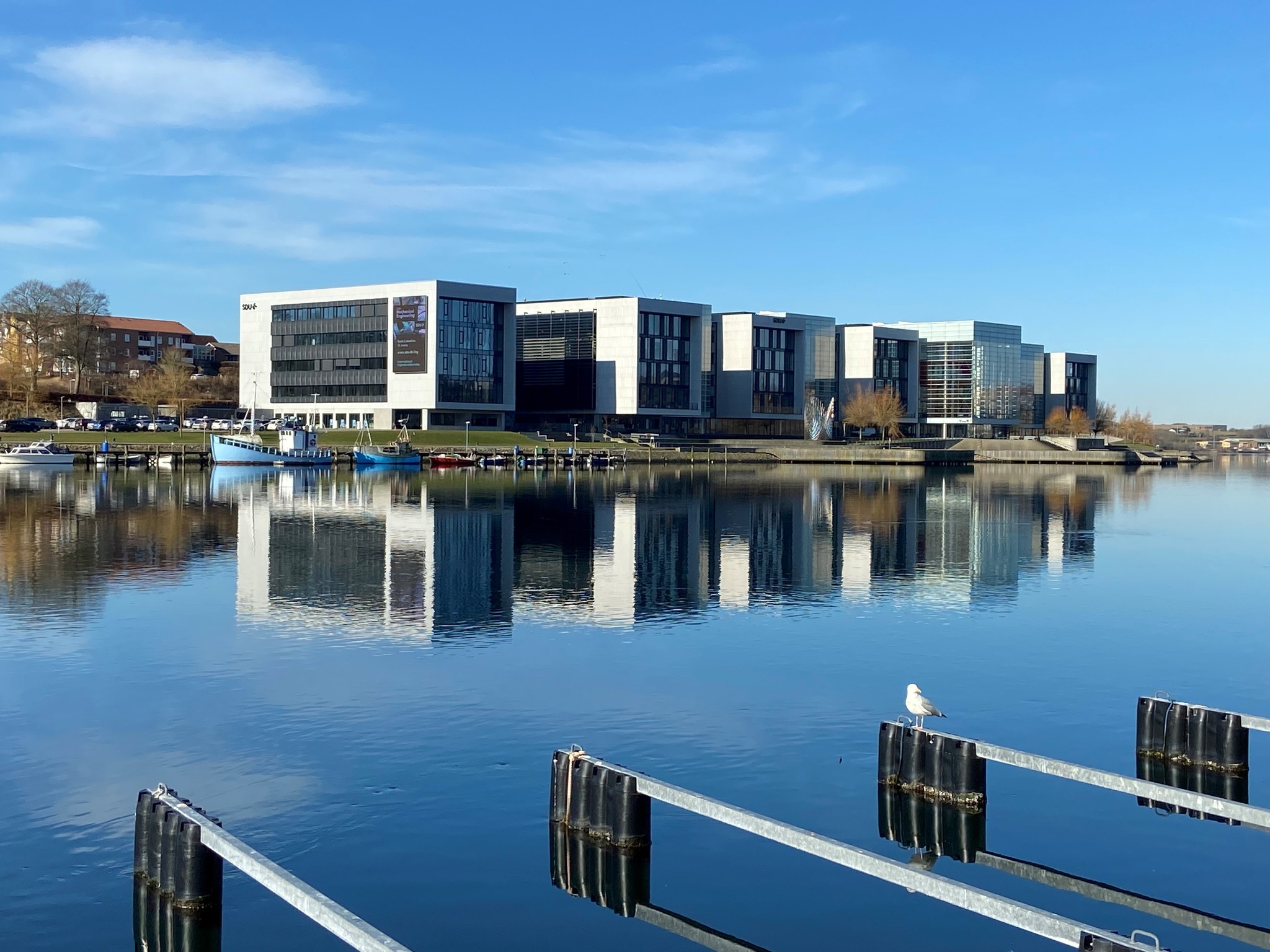Why Study in Denmark?
Studying in Denmark offers numerous benefits that make it an attractive destination for international students. Here are some compelling reasons to consider Denmark for your higher education:
1. High-Quality Education
Denmark is renowned for its high academic standards and innovative teaching methods. Danish universities and institutions emphasize critical thinking, creativity, and practical application of knowledge. Whether you're interested in engineering, social sciences, humanities, or business, Denmark provides top-notch education with a strong focus on research and development.
2. Cutting-Edge Research and Innovation
Denmark is a leader in research and innovation, particularly in fields like renewable energy, biotechnology, and IT. Danish institutions often collaborate with industries and research centers, providing students with opportunities to engage in groundbreaking projects and gain hands-on experience in their chosen fields.
3. Strong Focus on Sustainability
Denmark is globally recognized for its commitment to sustainability and green technology. As a student, you’ll be immersed in a culture that values environmental responsibility and sustainable practices. Many programs and research opportunities focus on solving global environmental challenges, reflecting Denmark's leadership in this area.
4. Rich Cultural Heritage
Denmark offers a unique blend of historic charm and modern living. The country boasts a rich cultural heritage with influences from Viking history and medieval architecture. Danish culture values both tradition and innovation, providing a well-rounded experience that includes historical sites, museums, and vibrant contemporary arts.
5. Excellent Quality of Life
Denmark consistently ranks high in global quality of life indices. The country is known for its high standard of living, excellent public services, and a strong sense of community. Cities like Copenhagen and Aarhus offer a safe, clean, and welcoming environment with a high level of public safety and health care.
6. English-Taught Programs
Many Danish universities offer a wide range of programs in English, especially at the graduate level. This makes Denmark accessible to international students from around the world, ensuring that language is not a barrier to receiving a high-quality education.
7. Innovative Learning Environment
Danish education emphasizes a student-centered approach, encouraging active participation and collaboration. The teaching style often involves group work, project-based learning, and interactive methods that prepare students for real-world challenges and teamwork.
8. Affordable Education
For EU/EEA students, education in Denmark is often free or involves minimal fees. Non-EU/EEA students may need to pay tuition fees, but various scholarships and funding opportunities are available to help cover costs. Additionally, living expenses in Denmark are manageable compared to other Western European countries.
9. Dynamic Student Life
Denmark has a vibrant student life with numerous cultural and social activities. Universities often have student organizations, clubs, and events that help students integrate into the community and make the most of their time in Denmark.
10. Strategic Location
Located in Northern Europe, Denmark is well-connected to other European countries, making it easy to travel and explore the broader region. Its central location allows for convenient travel to neighboring countries like Sweden, Germany, and Norway.
11. Focus on Work-Life Balance
Danish culture places a strong emphasis on achieving a healthy work-life balance. This cultural value is reflected in the educational system, where students are encouraged to manage their time effectively and enjoy a balanced lifestyle.
Studying in Denmark offers a blend of excellent education, rich cultural experiences, and a high quality of life. The country’s commitment to sustainability, innovation, and student well-being makes it a compelling choice for international students seeking a fulfilling and impactful educational experience.

